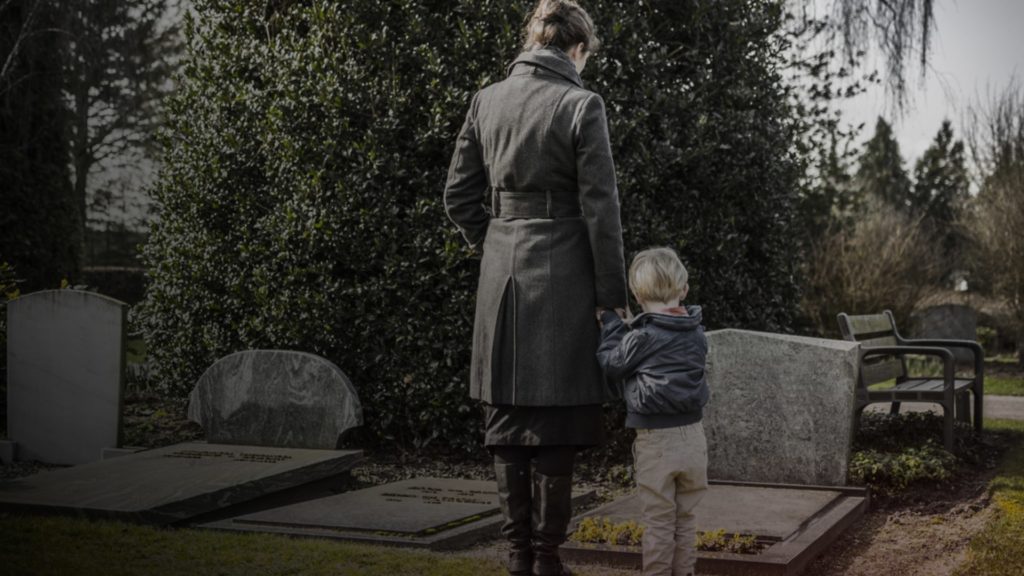Wrongful Death Claims vs. Criminal Charges: What’s the Difference?
Posted by Wetherington Law Firm | Wrongful Death
- Articles
- Artificial Intelligence
- Car Accidents
- Class Action Lawsuit
- Comparative Negligence
- Crime Victim
- Defective Vehicles
- Disability
- Kratom Death and Injury
- Legal Marketing
- Motor Vehicle Accidents
- News/Media
- Other
- Pedestrian Accidents
- Personal Injury
- Results
- Sexual Assault
- Truck Accidents
- Uber
- Wrongful Death
Categories

Understanding the difference between wrongful death claims and criminal charges is crucial for families seeking justice. While both can arise from the same incident, wrongful death claims focus on securing financial compensation for losses like medical expenses and emotional distress. In contrast, criminal charges aim to punish the offender through penalties such as imprisonment and fines.
Wrongful death claims require proving negligence by a preponderance of the evidence, whereas criminal charges demand proof beyond a reasonable doubt. Recognizing these distinctions helps navigate the legal process and ensures justice is served. Read on to explore the specifics of wrongful death claims versus criminal charges.
Purpose and Nature
Wrongful Death Claims: A wrongful death claim is a civil lawsuit brought by the survivors or estate of the deceased against the party responsible for the death. The primary purpose is to seek financial compensation for the losses suffered by the survivors, such as medical expenses, funeral costs, lost income, and emotional suffering. Wrongful death claims are based on the principle of negligence or intentional harm, and the goal is to provide relief to the family rather than to punish the wrongdoer.
Criminal Charges: Criminal charges are filed by the state or federal government against an individual or entity accused of committing a crime that resulted in the death. The primary purpose of criminal charges is to punish the wrongdoer and deter others from similar conduct. These cases are prosecuted by government attorneys, and if the defendant is found guilty, they may face penalties such as imprisonment, fines, or probation. Criminal charges require proof “beyond a reasonable doubt,” which is a higher standard of proof than in civil cases.
Legal Standards and Procedures
Wrongful Death Claims: In a wrongful death claim, the plaintiff (the deceased’s survivors or estate) must prove by a “preponderance of the evidence” that the defendant’s actions or negligence caused the death. This standard of proof means that it is more likely than not that the defendant is liable. The plaintiff must demonstrate that the defendant had a duty of care towards the deceased, breached that duty, and directly caused the death, resulting in damages. The case is heard in civil court, and the outcome is typically monetary compensation.
Criminal Charges: In criminal cases, the prosecution must prove the defendant’s guilt “beyond a reasonable doubt.” This higher standard requires more substantial evidence to establish that the defendant committed the crime. Criminal proceedings involve a series of steps, including arrest, arraignment, trial, and potential sentencing. The defendant is entitled to various constitutional protections, such as the right to an attorney and the right to a jury trial. If convicted, the defendant faces criminal penalties, which can include imprisonment, fines, or community service.
Outcomes and Consequences
Wrongful Death Claims: The outcome of a wrongful death claim is typically a monetary award to the plaintiff. This compensation is intended to cover economic and non-economic losses, such as medical expenses, funeral costs, loss of financial support, and emotional distress. The goal is to provide financial relief to the survivors and hold the responsible party accountable.
Criminal Charges: If the defendant is found guilty in a criminal case, the outcome is a criminal conviction. The court may impose penalties such as imprisonment, fines, probation, or community service. The purpose is to punish the offender, protect society, and deter future criminal behavior. A criminal conviction can also have long-term consequences for the defendant, such as a permanent criminal record, which can affect employment and other aspects of life.
Atlanta Wrongful Death Lawyers
If you’ve tragically lost a loved one due to another’s negligence or intentional actions, you don’t have to face legal complexities alone. Our Atlanta wrongful death lawyers are here to provide expert guidance to the justice and financial support your family deserves. We understand how devastating this is for you, we’re dedicated to holding the responsible parties accountable. Contact today for a free consultation and take the first step towards reclaiming your mind and finances. Don’t wait; we fight for your loved one’s legacy and family’s future.
Conclusion
Understanding the differences between wrongful death claims and criminal charges is vital for families seeking justice after a tragic loss. Wrongful death claims aim to provide financial compensation for the survivors, addressing the economic and emotional impacts caused by the death. These civil cases require proving the defendant’s negligence by a preponderance of the evidence, focusing on restitution rather than punishment.
On the other hand, criminal charges seek to punish the wrongdoer and deter future misconduct through penalties like imprisonment and fines. The burden of proof is higher, requiring guilt beyond a reasonable doubt. Recognizing these distinctions helps families navigate the legal landscape, ensuring they pursue the appropriate legal actions to achieve justice and closure. For further guidance, consulting legal resources and professionals is highly recommended.